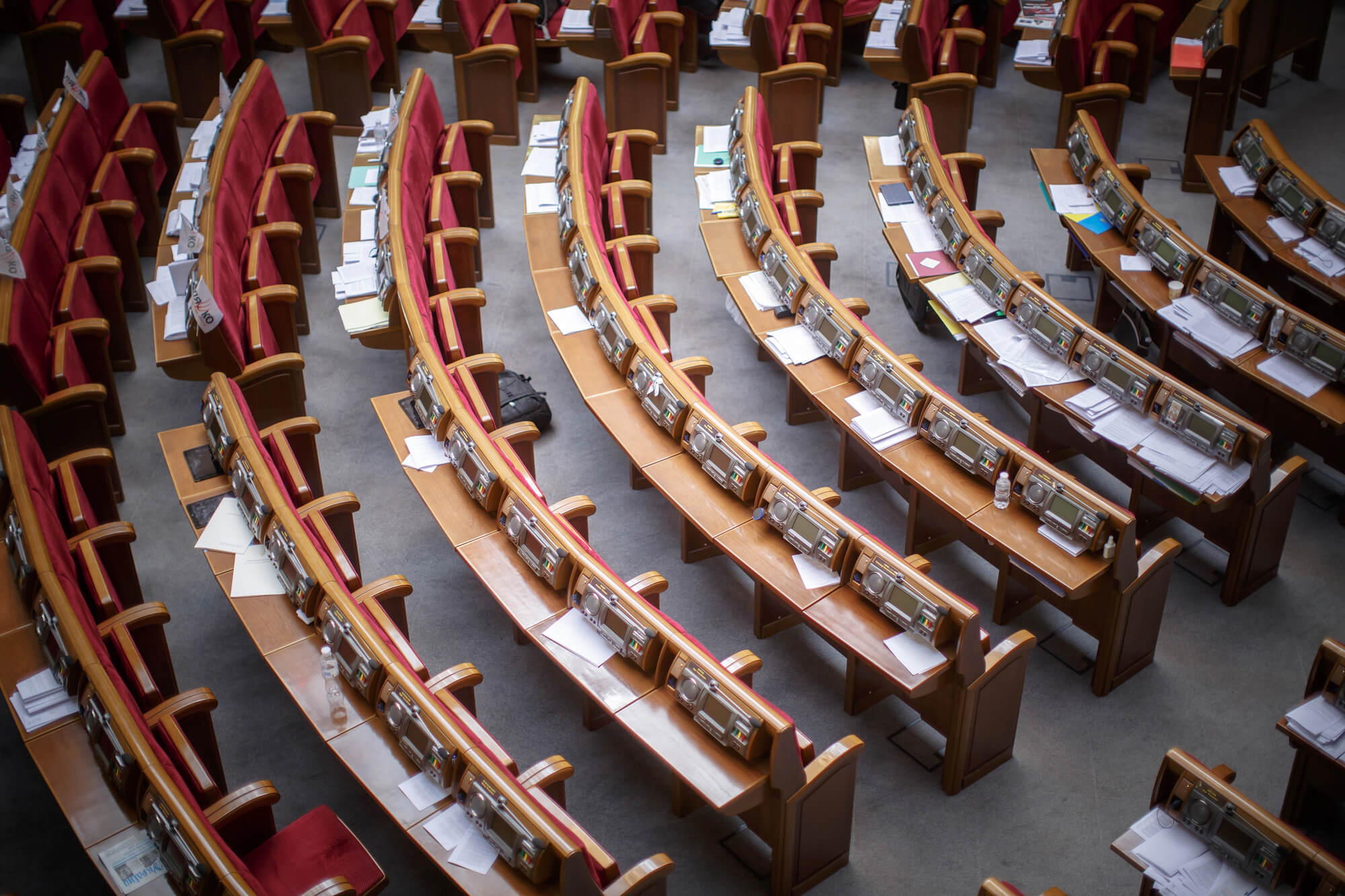On December 15, 2020, before the final vote on the 2021 state budget, MPs were considering the Bill 4100-d (amendments to the Budget Code). This was necessary because its norms were taken into account when calculating the state budget. During the consideration, the deputies were discussing and voting for certain amendments, which the authors insisted on. Among other things, the amendment №147 (Rublyov V. V.), previously rejected by the committee, was supported.
This amendment continues to include the share of excise duty on fuel in local budgets. There were more than twenty analogous or similar by their content amendments from different deputies, so it is not surprising that more than 300 people’s deputies voted for this norm. The adoption of the amendment led to an imbalance in budget indicators, so before voting on the budget, a break was taken to recalculate them.
The Background
In the last few years, part of the national tax (13.44%) — fuel excise duty (excise duty on fuel produced in Ukraine and excise duty on fuel imported into the customs territory of Ukraine) was included to the budgets of territorial communities. Thus, two functions were performed at once. On the one hand, it was an additional source of income for individual communities (for some small communities, even more than half of all income). Besides, such a resource was not earmarked and could be used by the local council at its discretion. On the other hand, directing the share of excise duty to local budgets has become a tool to fight the illegal sale of fuel — communities were interested in additional control over the transparency of fuel sales.
Why was it relevant?
It was planned to keep this norm only until the end of 2019, so last year during the discussions on the draft state budget of 2020 the associations of local councils actively were lobbying for its extension. The government did not meet their requests, but at the last moment, when the final version of the state budget draft was voted in the Verkhovna Rada, one of the deputies amended the extension of this rule for 2020.
Therefore, this year the issue of extension or termination of the share of the fuel excise duty distribution to local budgets arose again. In the September version of the draft law on the state budget, the entire amount of duty was credited to the state budget. And on November 27, in the updated version submitted by the Government for the second reading, a “compromise” idea appeared. According to it, the excise duty remained entirely in the state budget. However, 35% of the subvention for the repair of local roads was to go directly to the budgets of local communities (today the entire amount of the subvention goes to the regional budgets, and the “region” decides the list of funding in specific local communities).
On the eve of the final vote, the budget committee rejected all amendments of deputies regarding the continuation of the excise duty distribution to communities. Only the share of the subvention that will go directly to the communities has been increased from 35% to 40%. However, during the voting in the hall, the last year’s situation had repeated — the excise duty had been left to the communities.
Conclusions
On the one hand, the compromise idea that the excise duty, which is essentially a national tax, goes entirely to the state budget, while part of the road subvention is provided directly to communities, was not a bad idea. In this case, the distribution of funds between local budgets would be fairer — all communities would receive funds in proportion to the length of local roads, while in the previous version, funds are received only by those communities where there are gas stations.
In addition, it would be logical to direct the excise duty on fuel to improve the quality of roads — the one who uses the road more, pays more (the road fund works by the same logic). Most of the communities that are not too dependent on this source of income were not against such a compromise, because a road subvention is definitely better than nothing.
However, for some communities, the receipt of a road subvention would not compensate for the lack of excise duty not even by half. Amidst a general decrease of incomes to local budgets, namely — a decrease in the amount of SFRD, the abolition of infrastructure subventions, loss of tax revenues from the lockdown, etc. — to take away this source of income was politically difficult.
So is it a betrayal or a victory? From the point of view of the current situation, it is rather a victory. Local budgets are not experiencing the best of times now — new local councils are being institutionalized amidst the administrative and territorial reform, moreover, in the period of pandemic and lack of financial resources. Therefore, any additional hryvnia to the general fund of communities (i. e. without targeted restrictions) can be a lifesaver for at least some of them. However, from a strategic point of view, it would be worthwhile to learn to immediately set strict rules and frameworks that will be the same for everyone from the beginning, even if it worsens the situation of a small group of players and leads to a loss of political capital.
According to the OpenBudget portal, among the united territorial communities in 2019, there was such a distribution by shares of fuel excise duty in the structure of the general revenue fund of ATCs budgets (excluding intergovernmental transfers).
| The share of fuel excise duty in the structure of the general fund of revenues of ATCs budgets (excluding intergovernmental transfers) | Number of ATCs |
| There is no excise duty on fuel | 243 |
| 0-5% | 352 |
| 5-10% | 111 |
| 10-20% | 47 |
| 20-50% | 30 |
Photo: depositphotos.com/ua
Attention
The author doesn`t work for, consult to, own shares in or receive funding from any company or organization that would benefit from this article, and have no relevant affiliations



